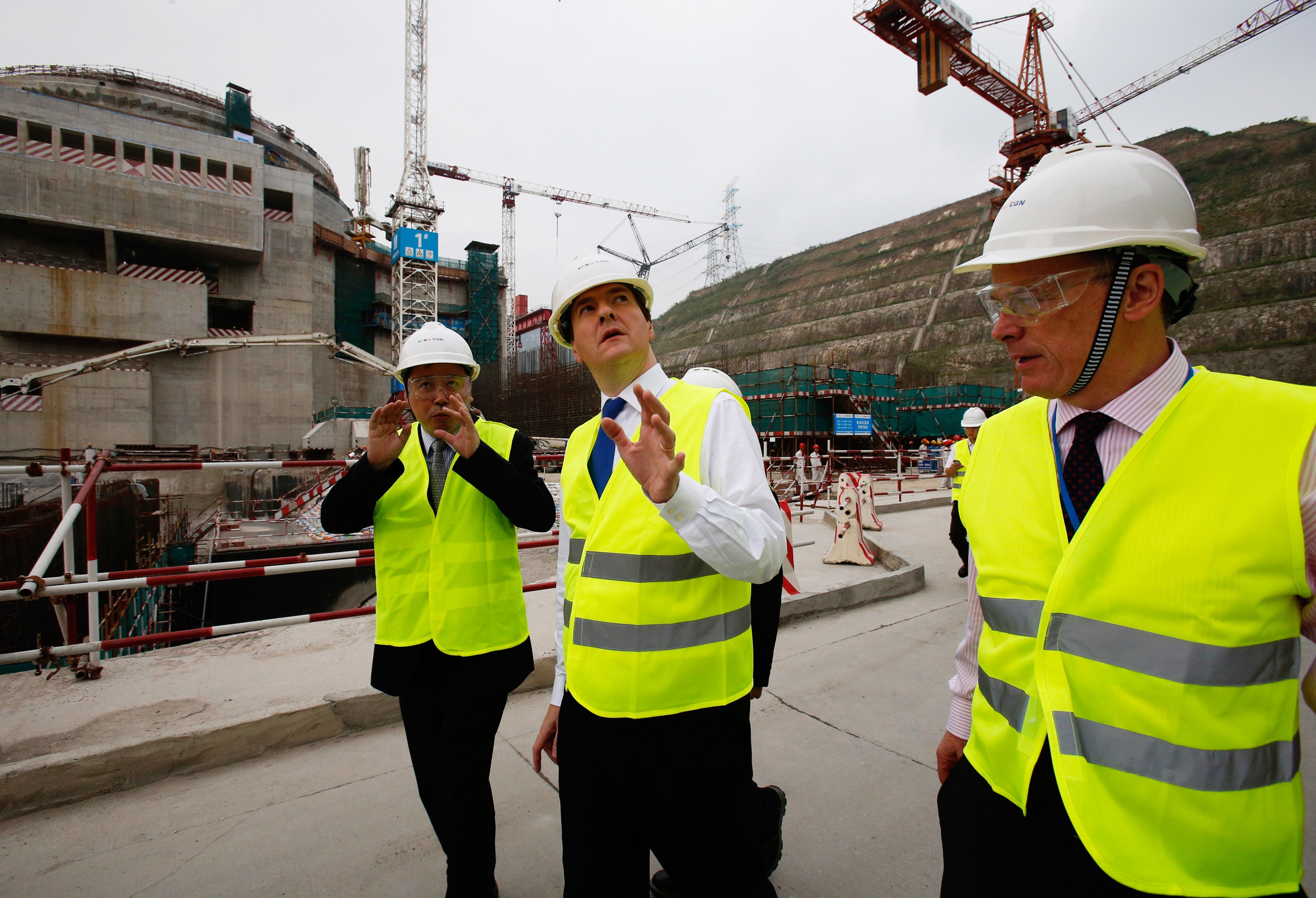Comment: How UK energy policy is now backing losers at taxpayer’s expense

There was a time when UK industrial policy was quite specific about the kinds of things it supported, and government put money and effort into making them work. But quite often they didn’t, so the policy got a bad reputation. UK government no longer takes this approach, which became known as ‘picking winners’, and in energy it has a whole new and different policy. It’s called ‘backing losers’ (working title).
To tackle the long term ‘trilemma’ of energy policy means decarbonising (initially) the power sector whilst keeping the lights on at as low a cost as is reasonably possible. There are essentially three things current UK government is keen on using to deliver this: nuclear, fracking, and carbon capture and storage (CCS). There are also a few things it doesn’t like including renewable energy and efficiency regulations. Let’s take them one by one.
Hinkley Point: the white elephant in the room?
As we’ve seen recently George Osborne (who is essentially running Government) is very keen on getting new nuclear power built, making up dubious claims about its benefits, even going so far as potentially throwing piles of taxpayer cash at them to do so. The real costs of nuclear haven’t changed for 50 years so it’s not going anywhere.
The particular object of Mr Osborne’s largesse (on behalf the UK taxpayer’s) is the proposed plant at Hinkley Point, which would use a reactor known as the EPR. This reactor is so bad even vocal supporters of nuclear power have called for the plan to be scrapped, and has been described by a University of Cambridge nuclear engineer as ‘unconstructable’.
So the first of government’s chosen technologies is a bit of a basket case. And the political embarrassment of pulling back out to the top bananas of UK government could well mean two generations of UK taxpayers will end up saddled with a monumental white elephant and a pile of nuclear waste that no one knows what to do with.
Fracking: American dream but European flop?
So how is the second of UK government’s chosen technologies, fracking, getting along? Hardly at all, is the answer. There hasn’t been a fracking well drilled in UK for four years through a combination of poor prospects and public opposition.
The enthusiasm for fracking and combative rhetoric displayed by government ministers seems to arise from being in thrall to what happens in the US. It’s true that fracking, which produces shale gas and shale oil, has made a big difference to US gas prices. However there are many differences between the UK and US situations. In their breathless enthusiasm for replicating the shale gas dramas of the US, they might pause to consider that the geology nearer to UK over in Europe is proving unhelpful.
Poland has had drillers rushing to the country but have now mostly pulled out after disappointing results. Denmark has also had Total end exploration after disappointing results with speculation that it could end shale gas in the country. Why government enthusiasts think UK geology will be more similar to a country several thousand miles away rather than several hundred isn’t clear.
And of course shale gas is unpopular and meets protests wherever it goes. It is so unpopular it has showed an ongoing decline in public support according to Government’s own survey data. The department for energy and climate change (DECC) survey data also contains the telling phrase “Support for fracking appears to be linked to awareness….. The only group to be more supportive [of fracking] are those that haven’t heard of [it]”. If that isn’t a definition of losing the argument, I don’t know what is.
Costly carbon capture and storage, still awaiting delivery
So if fracking isn’t going anywhere, how is the last of government’s pet technologies, CCS, coming along? Really slowly. In 2008, the claim was that “The UK is leading the world in the development of CCS technology” and the first plant would be operating in 2014. In fact even now in 2015 there is no definite decision to go ahead with a UK project as the possible projects are still undergoing design and engineering studies. No investment decision has been made and prospects for the major contender, White Rose project, have not been helped by the withdrawal from any project funding by site operator Drax.
But it’s not just in the UK that things have been going slowly. Internationally projects have suffered from delays and cancellations because of the high costs involved. So it’s strange that with a technology whose development is so slow and whose costs are very uncertain that the prime minister sees it as a pillar of delivery, when cost-effectiveness seems to be the watchword for all actions on renewables or efficiency. Take this from David Cameron’s appearance before the joint House of Commons liaison committee: “Until we know more about carbon capture and storage, it is difficult to make that judgment [about decarbonisation]…..because otherwise you commit to something that could see electricity bills go through the roof and I do not want that to happen”.
Curiously the unquestioned assumption is that CCS will make bills cheaper, similar to comments he made in 2012. Yet it’s quite likely that the first CCS project in UK will come in more expensive than any offshore wind farm ever built, where cost is frequently cited as a reason not to carry on.
In short, all the favoured technology of the current government has substantial cost and delivery risks. Amongst which the falling costs and rapid delivery of renewables has caused consternation and budgetary turbulence; and the efficiency agenda, largely driven by EU legislation on appliances, lighting and cars, has been the success stories of the last few decade or so.
Let’s hope the proposed new Infrastructure Commission proposed by Lord Adonis brings some evidence-gathering back to UK energy policy. Because at the moment, bizarre and retrograde barely begins to describe it.

